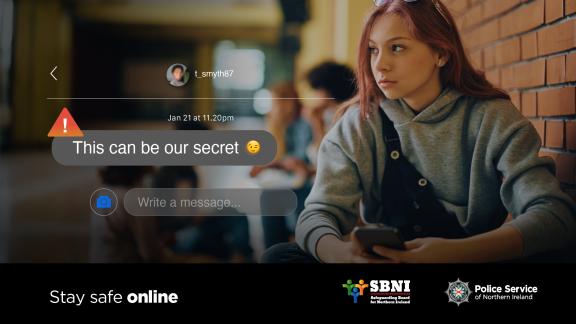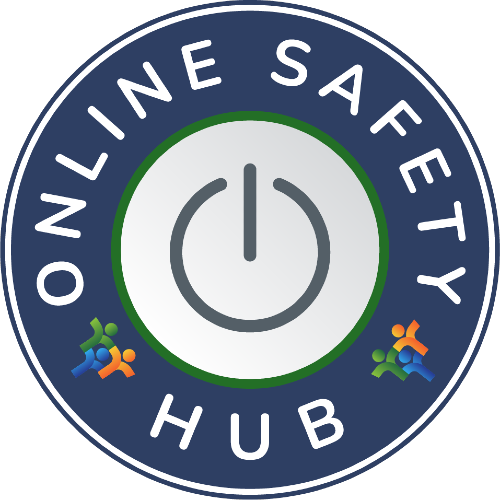How does online grooming happen?
Children now have access to numerous digital devices at home, meaning they are at greater risk to be targeted by online predators. Often groomers hide their identity online and may pretend to be the same age as a child. They may use fake profile pictures, pretending to have similar interests and offering gifts to gain the trust of the child before steering the conversation to a sexual nature. Once trust in established, a groomer may use power and control to make, force, blackmail, guilt or trick a child into doing what the groomer wants. They may persuade a child to take part in online sexual activity including sharing explicit images and videos and livestreaming sexual acts. Sometimes children don’t realise they’ve been groomed and may believe they are in a ‘relationship’.
A child may feel uncomfortable or frightened, but might not ask for help because they:
- Blame themselves
- Worry about disappointing/upsetting the groomer and ruining their ‘relationship’
- Are scared about what the groomer will do if they don’t comply
- Are scared about getting the groomer in trouble
- Worry about what their family and friends will think


